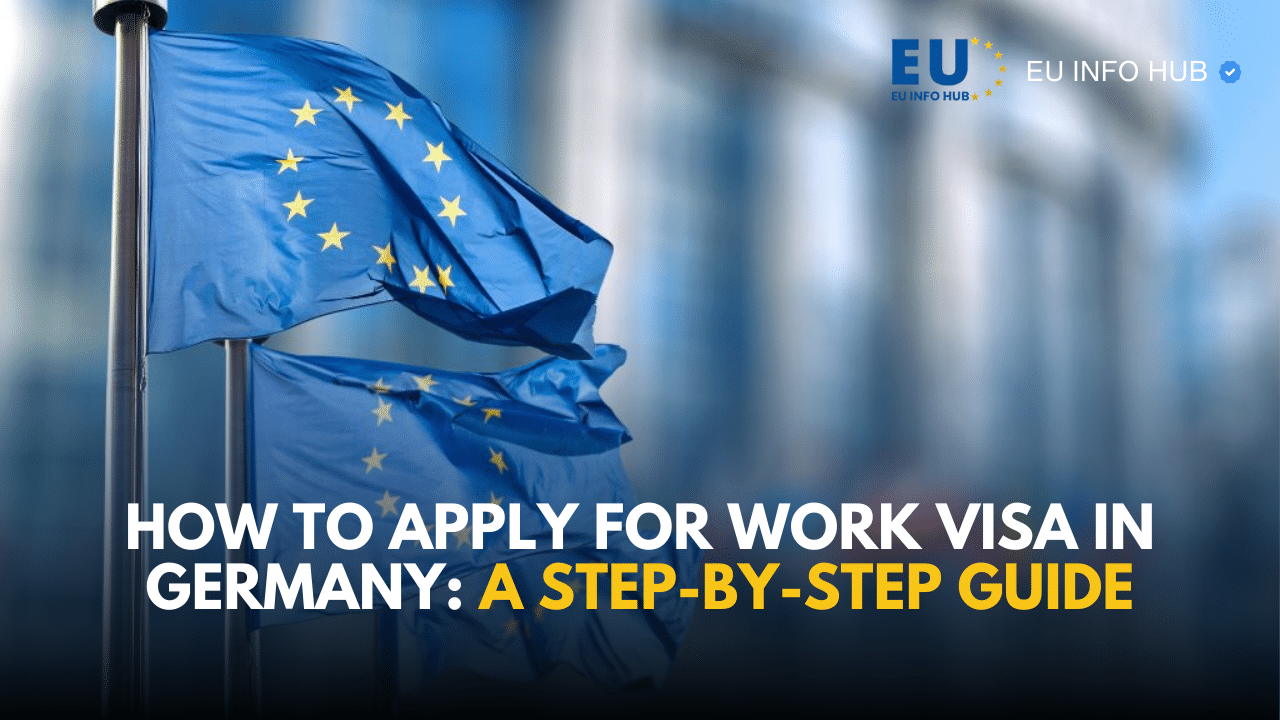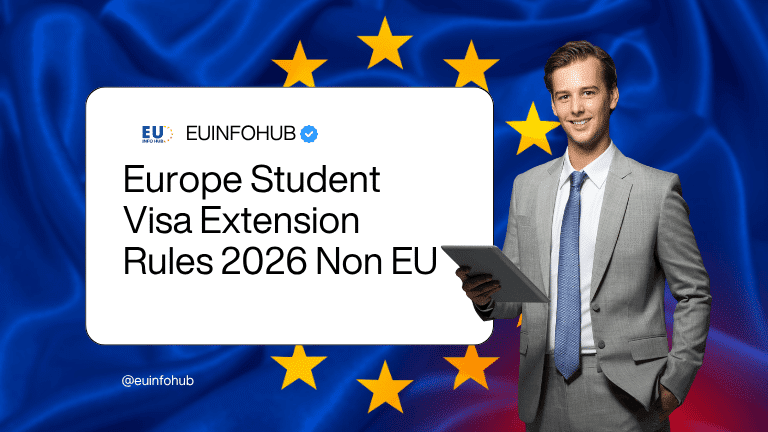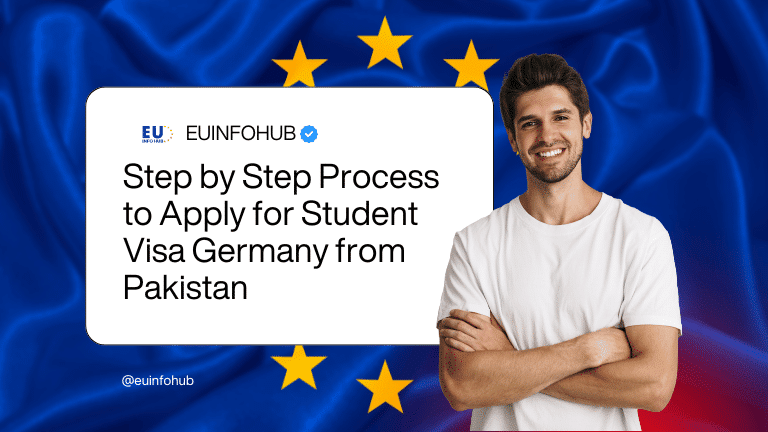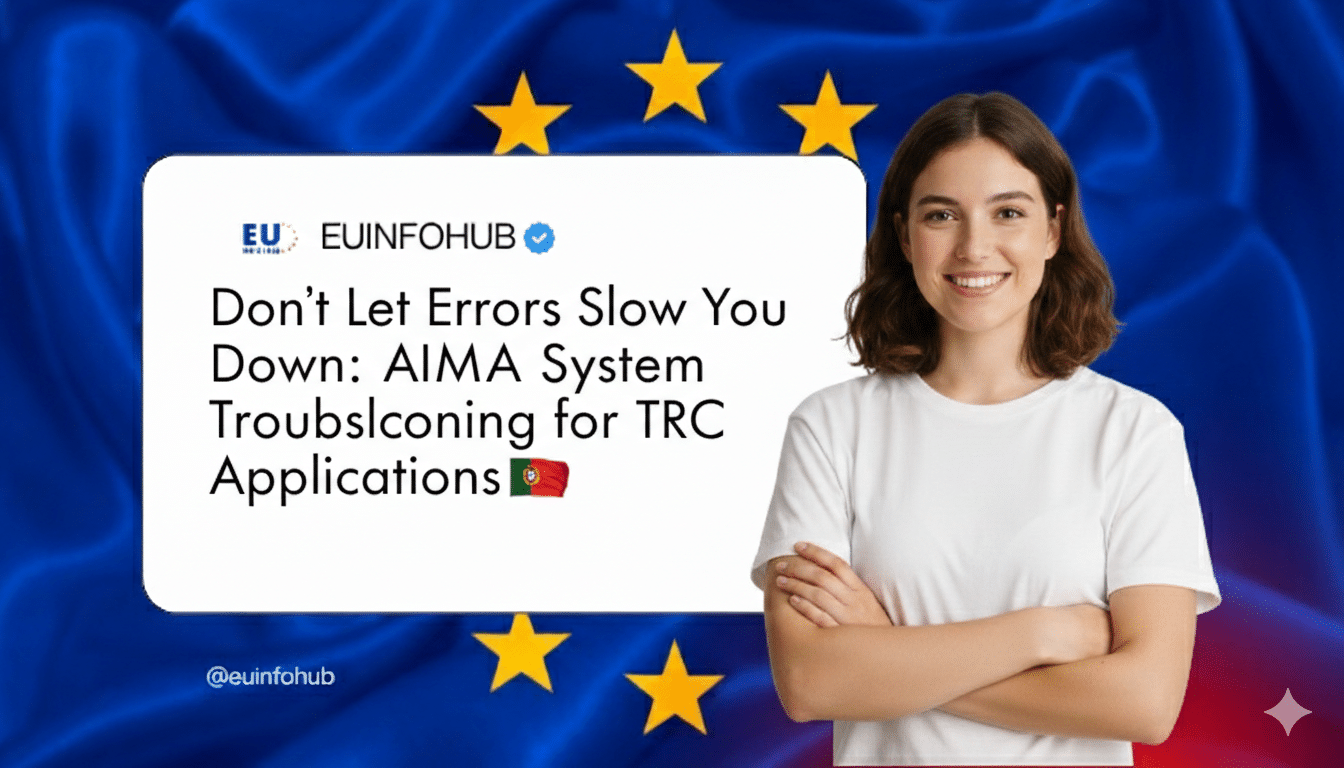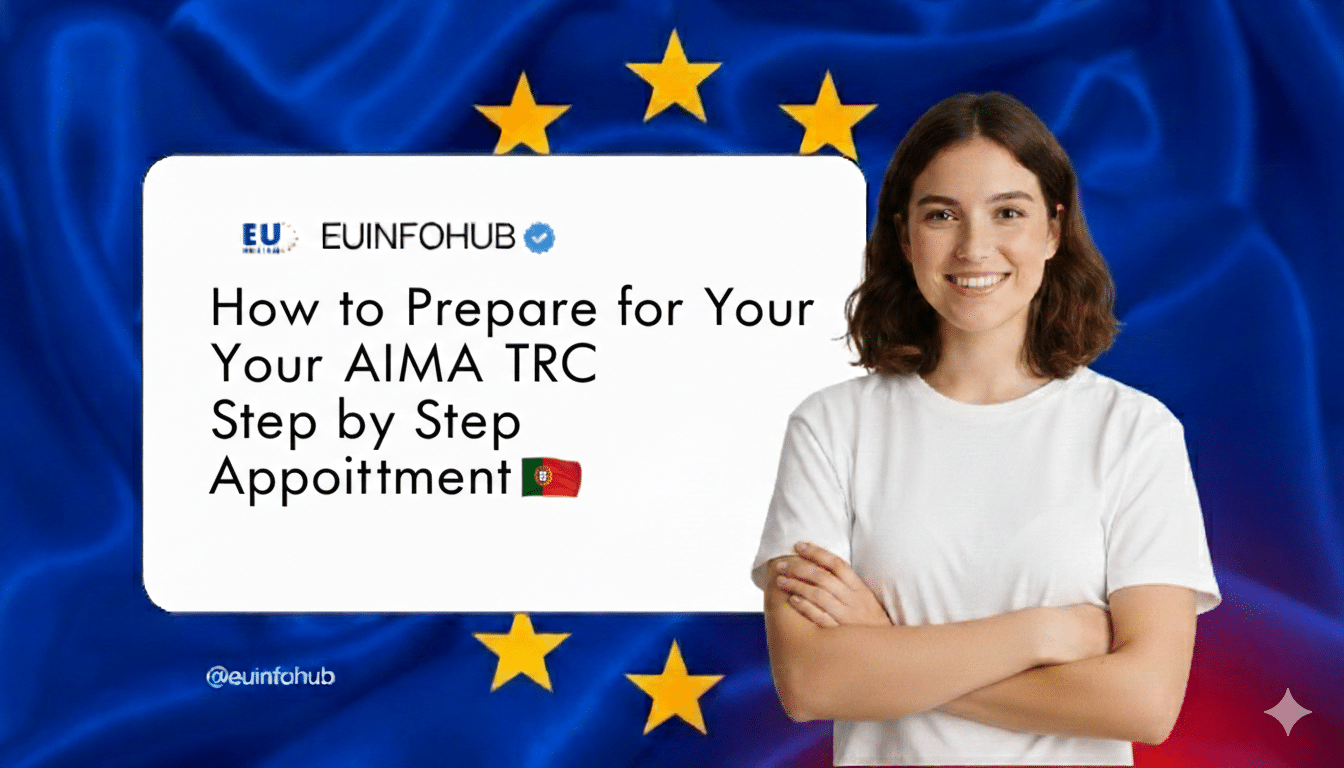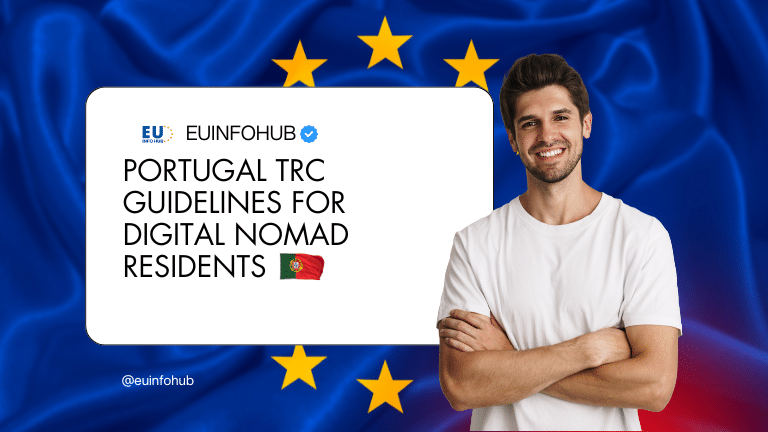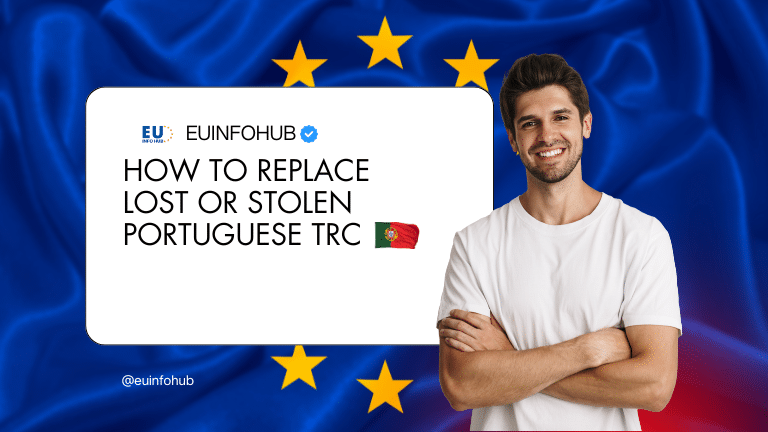Dreaming of starting a career in Europe’s economic powerhouse, but don’t know where to begin? You’re not alone. For many first-time applicants, figuring out how to apply for work visa in Germany can feel overwhelming. From understanding the requirements to gathering the proper documents.
But here’s the good news: the process is far more manageable when you break it down into clear, simple steps. Whether you’re chasing better job opportunities, a higher standard of living, or just the adventure of working abroad, this guide will walk you through every stage — no jargon, no confusion. By the end, you’ll know exactly what to do, when to do it, and how to make your German work dream a reality.
Who Needs to Apply for a Work Visa?
Citizens of the EU, EEA, and Switzerland do not need a visa to enter Germany. They can freely live and work in the country. However, non-EU nationals should apply for a work visa in Germany if planning to work there. Without a valid visa, working in the country is not allowed.
Basic Eligibility Criteria
There are a few primary requirements that need to be fulfilled to apply for work visa in Germany. A valid passport, a fixed employment offer from a German employer, and the appropriate qualification or experience are the essentials. Besides this, you may need proof of health insurance and evidence of accommodation.
Foreign qualification recognition may vary in different fields. For example, degrees may be required to be officially recognized for applicants applying for positions in healthcare or engineering. Another common requirement is proof of funds to support yourself.
The Visa Application Process
The procedure to apply for work visa in Germany involves many steps:
First, the offer of a job must be obtained. The application cannot proceed without an employment contract or job vacancy confirmation. After the confirmation of job, the other required documents are collected.
When the documents are ready, you should book an appointment at the nearest German Embassy or Consulate. There you have to submit all the documents and sit for an interview. After these steps, the application process starts. It normally takes 6 to 12 weeks, so you have to wait patiently.
Following evaluation and acceptance, the visa is then stamped onto the applicant’s passport. Once the visa is approved, you can travel to Germany.
Documents Checklist
Below is the list of documents you need to apply for work visa in Germany:
| Document | Required |
| Valid Passport | Yes |
| Job Offer or Employment Contract | Yes |
| Recognized Academic Qualifications | Yes |
| Updated Resume or CV | Yes |
| Recent Passport-Sized Photos | Yes |
| Cover Letter Explaining Motivation | Yes |
| Proof of Health Insurance | Yes |
| Proof of Accommodation in Germany | Yes |
| Proof of Financial Means | Yes |
| Completed Visa Application Form | Yes |
All the documents should be well-formatted. Additionally, this translation may be needed for all documents other than German.
Types of Work Visas Available
Germany has many different work visas available, depending on the career, work type, and qualification of the applicant. Each type of work visa is oriented for a different purpose and may have different specifications.
1. General Employment Visa
This is the most common type of work visa. This is issued for skilled workers who have a confirmed job offer in Germany and meet all the requirements, depending on qualifications. It is meant for all who do not apply under the highly qualified category but are still relevant according to skills and experience.
2. EU Blue Card
The EU Blue Card is a specific card for highly qualified professionals. You must provide proof of having a recognized university degree and being more than a median salary earner. Further, this card has the benefit of faster access towards permanent residency than other types of visas.
3. Job Seeker Visa
This visa is for people without a job offer. It allows them to remain in Germany for a period of six months to seek employment. Once an individual finds a job, they must apply for the relevant work visa before starting work.
4. Freelance Visa
This type of visa category is specified for self-employed individuals, like artists, writers, designers, and IT consultants. There is usually a requirement for proof of freelance contracts or clients in Germany in order to meet the requirements for a freelancer visa.
Where to Apply
To apply for work visa in Germany, submit your applications at the German embassy or consulate in the applicant’s home country. In some countries, however, official visa centres assist in handling part of the process. Nevertheless, the German immigration authorities always hold the final word.
It is usually possible to book appointments online.
Fees and Processing Time
The regular fee to apply for work visa in Germany is approximately €75. This fee may vary by some extent with the type of visa and the applicant’s nationality. The charges are usually paid at the time of the visa appointment.
Processing times can range from six to twelve weeks, but the time may prolong with the addition of further documentation. Therefore, it is advisable to make an application as early as possible.
After Arriving in Germany
After arriving in Germany, you must go to the Bürgeramt for local registration of the home address. This must be carried out within two weeks of the arrival.
After that, you need to apply for a residence permit at the Foreigners’ Office (Ausländerbehörde). That permit enables you to live and work in Germany for the duration of the visa.
In addition to these steps, opening a local account and activating German health insurance are advisable. This adds to a smooth settling experience in the new environment.
Here’s a complete guide on what to do after your arrive in Europe as a student.
Tips for a Successful Application
Your approval chances can increase a lot by preparing in detail. For example, all documents should be up to date and kept in proper order. Besides this, make sure you have extra copies.
All the information provided in the application should be genuine and clear. Moreover, being on time and responding quickly to embassy requests can speed up the process. You may also ask for professional help from visa consultants or legal advisors. However, most people get through with their applications without help.
Wrap Up
General preparation pays off: start early and follow each step carefully to make applying for a German work visa easier. You must submit a valid job offer, all essential documents, and the application at the appropriate time if you want to succeed in the process. Preparation should begin early, and detailed orientation simplifies the journey.
With a duly legal work visa, you can open a new chapter in professional life in one of the strongest economies in Europe.
For the latest updates and reliable guidance, the EU Info Hub is a helpful resource to stay informed throughout the process.
FAQs
1. Can I apply for work visa in Germany without a job offer?
No. In all cases except the Job Seeker Visa, you will need a job offer in order to apply for work visa in Germany.
2. How long is the German work visa valid?
Validity of the German work visa depends on the job contract. In most cases, the work visa is valid for a period ranging from one to four years. It can later be extended or converted into permanent residence.
3. Is German language knowledge necessary?
Not always. Many of the international companies conduct their operations in English. However, for job opportunities and everyday dealings, knowing German will benefit you.
4. Can family members join me in Germany?
Yes. Family reunification is permitted under specific conditions: spouses and children can apply for a visa after the principal applicant has settled in Germany.

